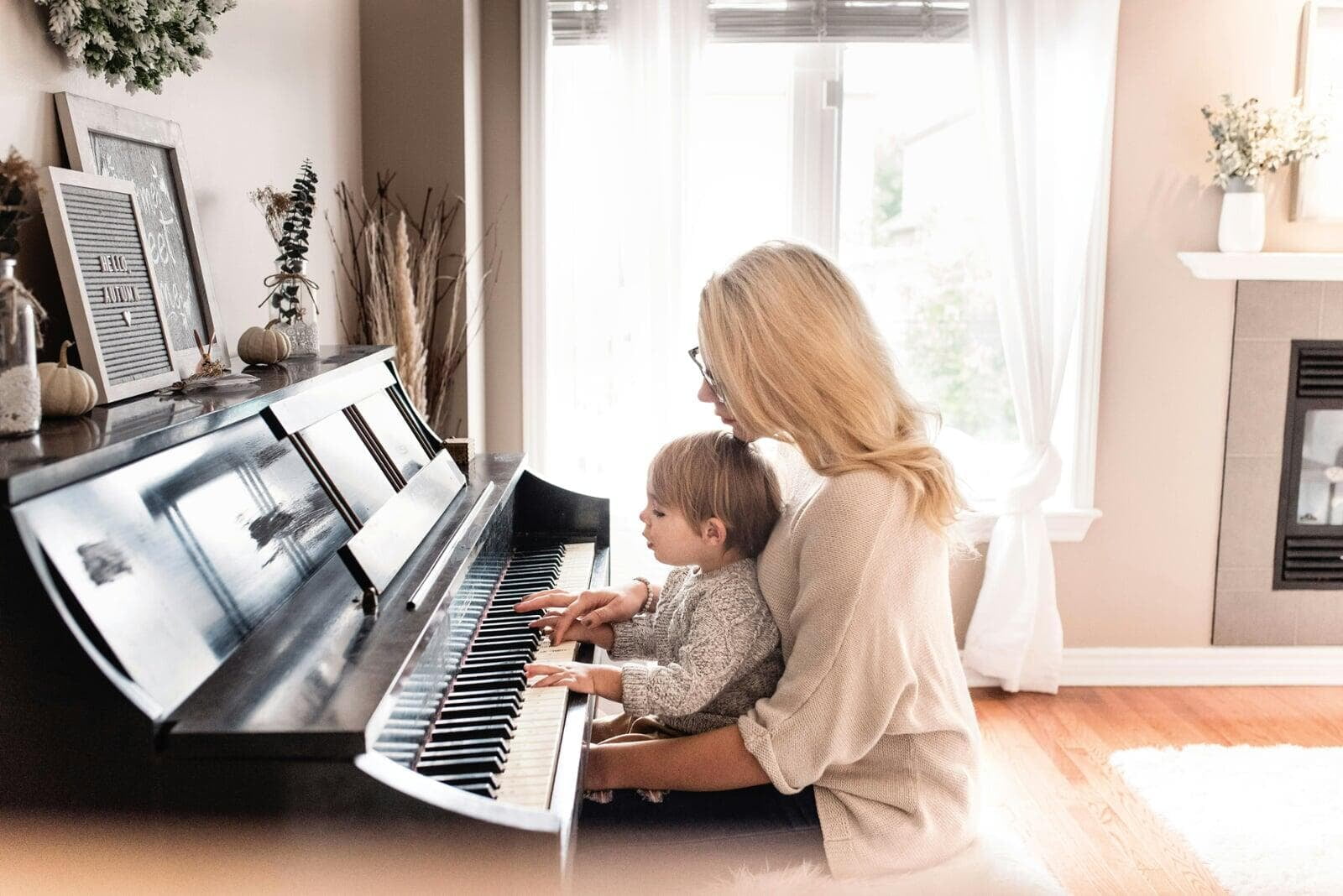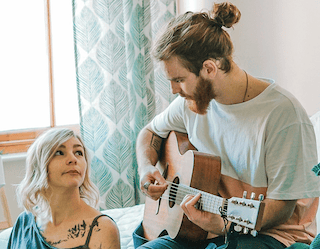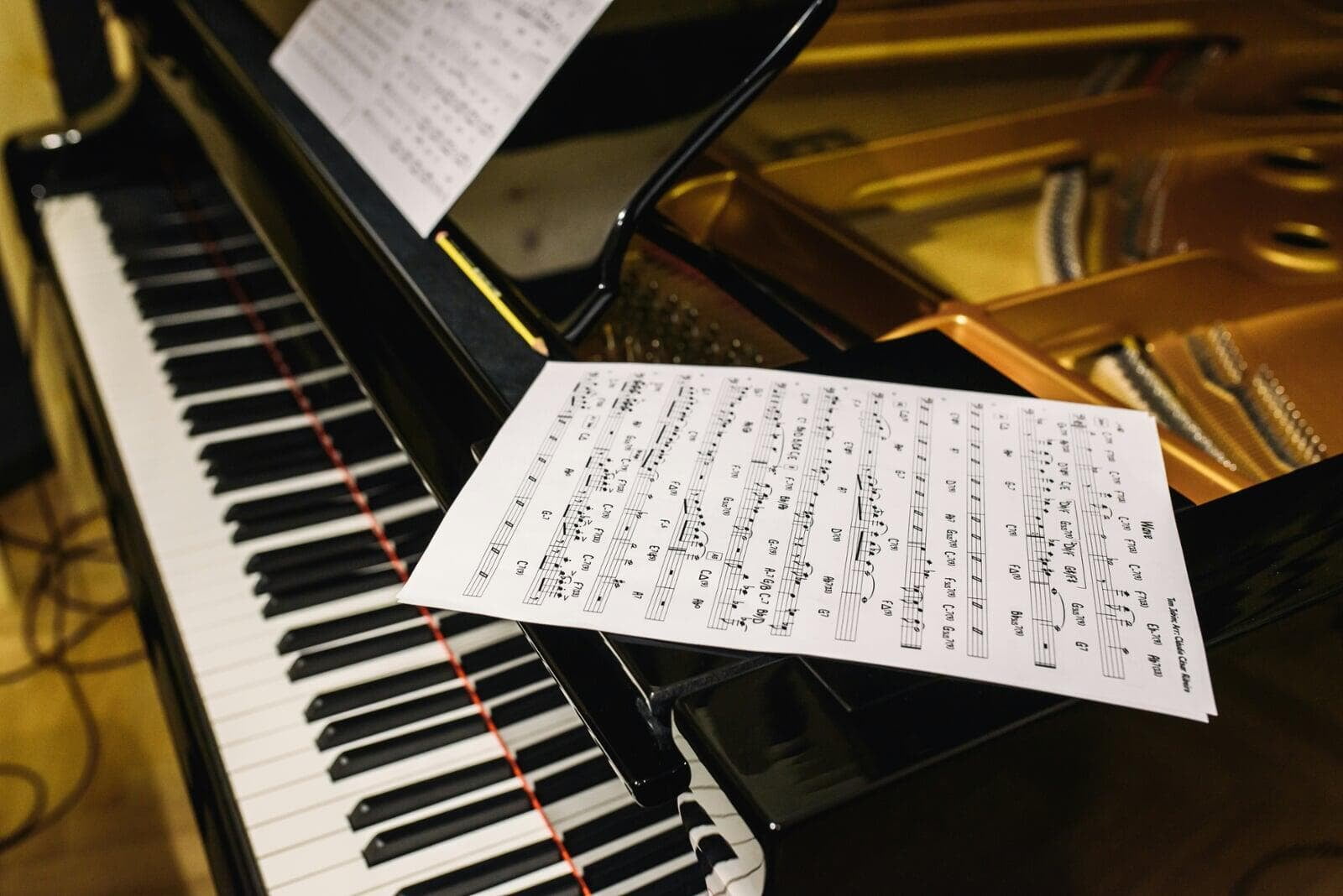Music Making in Our Lives: The Lifelong Journey
by Merlin B. Thompson

Why are human beings so enraptured by music making? What is it about music making that people from cultures around the world find so natural and meaningful throughout their entire lives? I have the impression people return to music making again and again because music making sparks something deep inside every one of us. No matter the level of competency, amateur or professional, casual or dedicated, music making reminds us of who we are as individuals and in communities. Through music making, we get to know ourselves and the world around us. There are no age limits on music making nor how often it’s allowed. Music making is accessible to anyone, in any place, and at any time.
Music making takes place in the infinite number of simple yet generous activities involving singing or playing a musical instrument. Like threads woven through the fabric of life, music making brings colour and texture to an unending diversity of human undertakings. For people of every age living in all corners of the globe, music making enhances our lives with emotionally powerful and rewarding moments that may described in many ways. Anchor. Emotion. Distraction. Entertainment. Soul food. Friend. Energy. Beacon. Impetus. Ritual. Healing. Transcendence. Ceremony. Tradition. Community. Imagination. Movement. These are just a few words that encapsulate music making experiences. And to be clear, I’m not talking about listening to music here. That’s a whole other conversation. I’m referring to the subtle and bold transformations that take place when, for any reason, whether music making is accidental, purposeful, or providential, people bring musical sounds to life.

Week after week, year after year, music teachers shoulder responsibility to guide our students’ musical journeys by passing on the necessary skills and knowledge. The problem is that our expertise can overtake students’ own musical inclinations without our even noticing it. Music teachers can be so focused on helping students achieve musical excellence that we lose sight of students’ own journey. For their part, music students can also be so consumed with preparing for the next lesson, or concert, or exam, or deadline, that they run out of time and energy to explore their own relationship with music making. Students come away with formal musical experiences, to be sure. But when teachers consider students’ future as lifelong music makers, we may need to acknowledge the impact of music lessons falls short. Is there something music teachers can do about this?
The most advantageous thing music teachers can do is to create musical explorations that reflect what music making actually looks like in students’ own personal lives. Do students consider music making as anchor or entertainment? How about music making as energy or healing? Recreation or imagination? Refuge or launchpad? Is music making something students do in service of others or an investment in self-care? You get the picture.

Music teachers may influence our students’ musical future by what we do in today’s music lessons. We may sow the seeds for our students as recreational music makers interested in music making for the joy it brings them. Or relational music makers who appreciate the unique way music making connects family, friends, and community. Or amateur music makers - “amateur” being a marvellous word that comes from French and Latin roots which mean “one who loves”. Amateur music makers make music because they love it. It’s as simple as that.
From where I’m standing, it’s obvious there’s work to be done. So let’s make it happen. Let’s make lifelong music making a reality and reverse the thorny issue that has plagued music teaching for much too long. Because when it comes to investing in people, in communities, in cultures, I think there’s something we can all agree upon - nothing else accomplishes what lifelong music making does for all of us.
